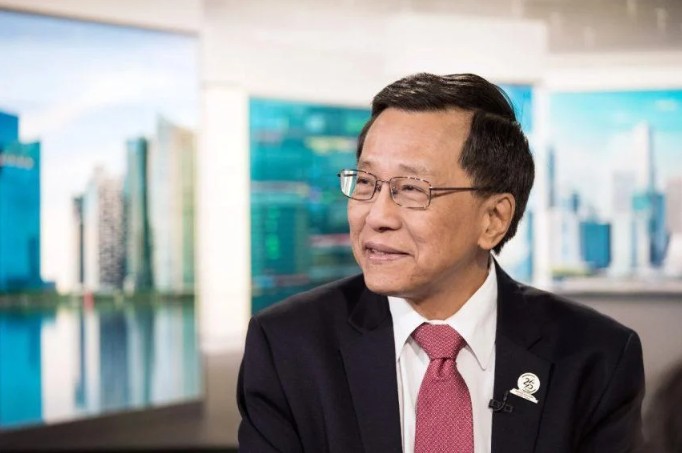What began in August with the seizure of SGD1 billion (US$740.4 million) has now ballooned into a much larger operation. Authorities have confiscated over SGD2.4 billion (US$1.75 billion) in cash and assets, as the web of illicit activity stretches further.
Investigators say many of the suspects allegedly pursued Singaporean citizenship to support illegal gambling and laundering operations. As the Singapore money laundering scandal unfolds, nearly every lead uncovers another layer of the criminal enterprise.
Singapore Banks Increase Scrutiny
Singaporean banks are ramping up efforts to trace the full extent of the scandal. While initial investigations focused on local actors, banks are now taking a closer look at clients from China—particularly those who opened accounts using passports from third countries.
Local media reports reveal financial institutions are scrutinizing customers with Chinese backgrounds and individuals holding passports from countries such as Vanuatu, the Dominican Republic, Cyprus, Cambodia, and Turkey—all flagged by authorities during the early stages of the investigation.
At least one major bank has reportedly closed accounts linked to passport holders from these high-risk nations.
The initial crackdown, which involved over 400 police officers, resulted in the arrest of 10 foreign nationals—several holding Chinese passports. More arrests have followed, and with banks now fully cooperating, investigators expect the case to widen.
Financial Boom Meets Regulatory Backlash
Singapore’s reputation as a global financial hub attracted massive foreign capital in recent years. In 2021, assets under management jumped 16% year-on-year to SGD5.4 trillion (US$3.95 trillion), surpassing the global average increase of 12%, according to Reuters.
But the Singapore money laundering scandal may cause foreign investor confidence to waver. Increased scrutiny and tighter regulations could slow the inflow of international funds as banks impose stricter due diligence.
Real Estate and Regulatory Oversight
The fallout is also being felt in real estate. The Council for Estate Agencies (CEA), Singapore’s real estate watchdog, has pledged to assist in the investigation. Property has long been a common vehicle for laundering illicit funds, and developers are now under pressure to perform more rigorous checks.
In June, Singapore rolled out new regulations requiring developers to conduct enhanced due diligence and flag suspicious behavior—such as buyers attempting to pay in large amounts of cash.
This new digital platform allows banks to share data on suspicious accounts and transactions more effectively.
More to Come
As the investigation deepens, Singapore faces growing pressure to strengthen its financial safeguards. Banks, real estate agents, and regulators are now at the forefront of an unprecedented national effort to shut down the laundering network—and prevent future abuse of its financial system.
Explore the best online betting site Singapore with Octabet betting news. Start winning today! Register now!




